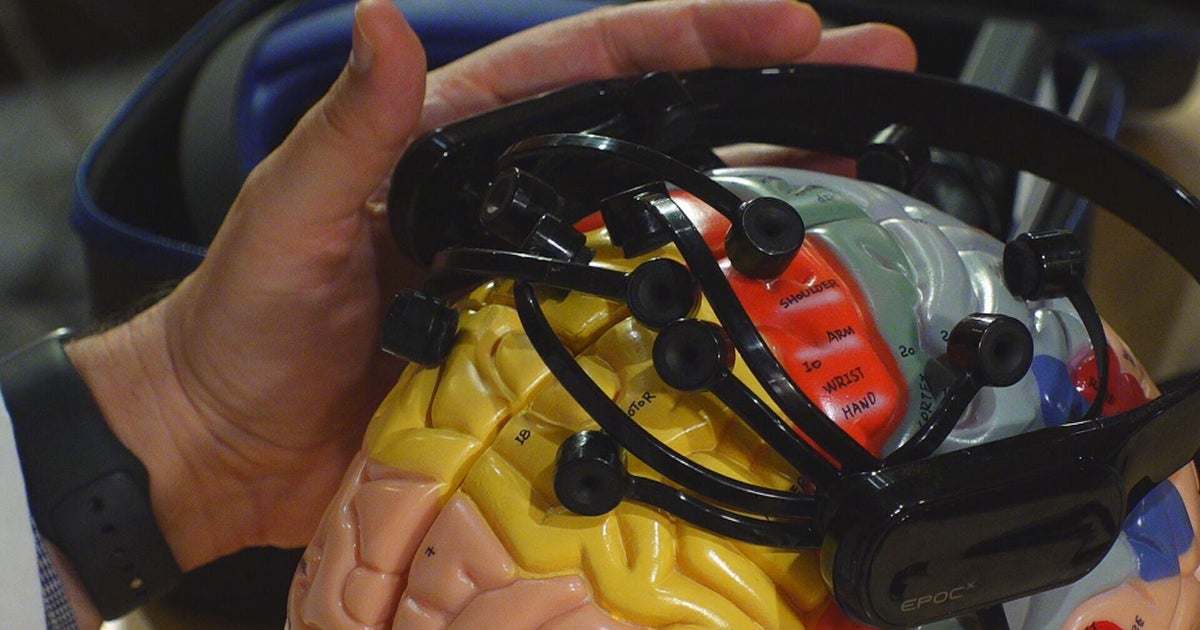Teens' brains are wired for risky behavior: Study
Most parents of teenagers don’t need a study to tell them that adolescents are prone to being reckless. But new research confirms that teenage brains are actually wired to engage in risky behaviors.
However, researchers also found that context matters to whether or not adolescents actually engage in those behaviors.
The study, published in Developmental Science, looks at more than 5,000 teens and young adults from 11 countries in Africa, Asia, Europe and the Americas.
Researchers found that sensation seeking peaks around age 19 worldwide and then declines with age. In contrast, young adults’ ability to self-regulate or quash their impulses climbs until the age of 23 or 24 when it fully develops.
These findings can help explain both anecdotal and scientific evidence that risk-taking spikes during adolescence.
However, the study also showed that risky behavior among teens -- things like unsafe sex, alcohol and drug use, and dangerous driving – varies greatly among different countries.
In Indonesia, for example, only 2 percent of teenagers reported having tried alcohol in the last month compared to roughly half of the adolescents studied in Argentina.
“What’s important about this new research is that it shows that teenagers around the world all have these gawky brains where their impulses can get ahead of their controls, but teenagers around the world don’t take risks at the same level. So context matters,” psychologist and CBS News contributor Lisa Damour told “CBS This Morning.” Damour reported the Developmental Science study for The New York Times.
Damour says there are things parents can do to help keep teens safe.
“So what do we do? We reinforce laws that we know help keep teenagers safe, like driving curfew laws. We supervise them because for something to go wrong, temptation and opportunity have to come together,” Damour said.
Planning with teens in advance for tricky situations they might get in is also important.
For example, if they were to show up at a party and everyone was drinking and they hadn’t been expecting that. “We don’t want teenagers to be trying to figure out how to handle those situations on the fly,” Damour said.
She suggests parents and teens come up with a secret emoji code to communicate when they are in need of some help.
“If I send you the hamburger emoji, that means come get me and make it look like it was your idea,” she said.



